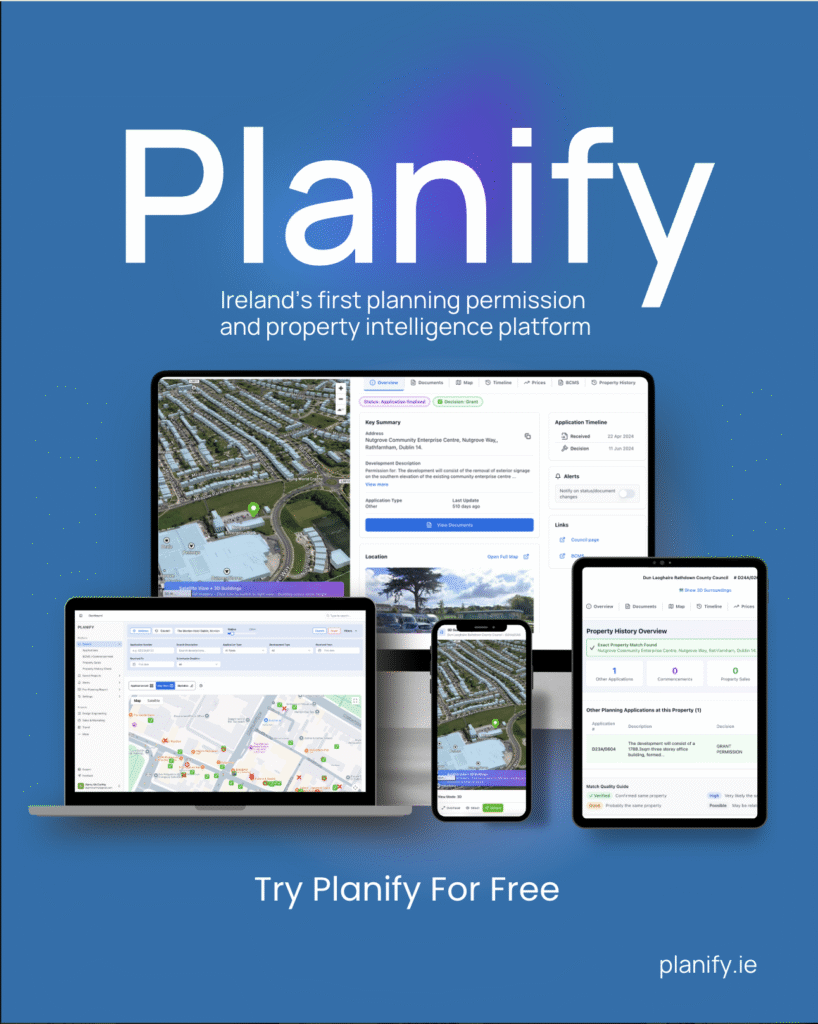The Legal Battle Over Planning Permission for a Log Cabin Home for Sean Meehan
A Tipperary pensioner has taken his case to An Bord Pleanála after being denied permission to retain a log cabin on his property. The decision, initially made by the local planning authority, has sparked a debate on the complexities of planning permissions and housing regulations in Ireland.
The council ruled that the structure did not comply with planning regulations, leading to the refusal of his application to retain the cabin.
The primary reason cited for the refusal was that the log cabin did not meet the necessary planning criteria. According to the local council, the structure was deemed inappropriate for the location and did not align with the area’s development plan. Additionally, concerns were raised about the impact on the visual amenity and the potential precedent it could set for other similar structures in the region.
The pensioner, however, argues that the log cabin is a vital addition to his property, providing necessary space and comfort. He contends that the structure is well-maintained and does not detract from the area’s aesthetic value. Furthermore, he believes that the decision to refuse permission was overly stringent and did not take into account his personal circumstances.
In response to the council’s decision, the pensioner has lodged an appeal with An Bord Pleanála, the national planning appeals board. This independent body is responsible for reviewing planning decisions made by local authorities and has the power to overturn or uphold such decisions.
The appeal process involves a thorough review of the case, including site inspections and consultations with relevant stakeholders. An Bord Pleanála will consider various factors, including the local development plan, the impact on the surrounding area, and any submissions made by interested parties.
This case highlights the challenges faced by individuals seeking planning permission for non-traditional structures in Ireland. The planning system is designed to ensure that development is carried out in a sustainable and orderly manner, but it can sometimes be perceived as inflexible, particularly in cases involving unique or unconventional structures.
The outcome of this appeal could have broader implications for planning permissions across the country. If An Bord Pleanála decides in favour of the pensioner, it may pave the way for more lenient interpretations of planning regulations for similar structures. Conversely, if the appeal is dismissed, it could reinforce the current stringent approach to planning permissions.
The case has garnered attention from both the public and experts in the field of planning and housing. Some members of the community have expressed support for the pensioner, arguing that planning regulations should be more accommodating to individual needs, especially for older residents. They believe that the log cabin represents a practical solution to housing challenges and should be allowed to remain.
On the other hand, planning experts caution against relaxing regulations too much. They argue that maintaining strict planning controls is essential to preserving the character and integrity of local areas. Allowing exceptions could lead to a proliferation of unregulated structures, potentially undermining the goals of sustainable development.







